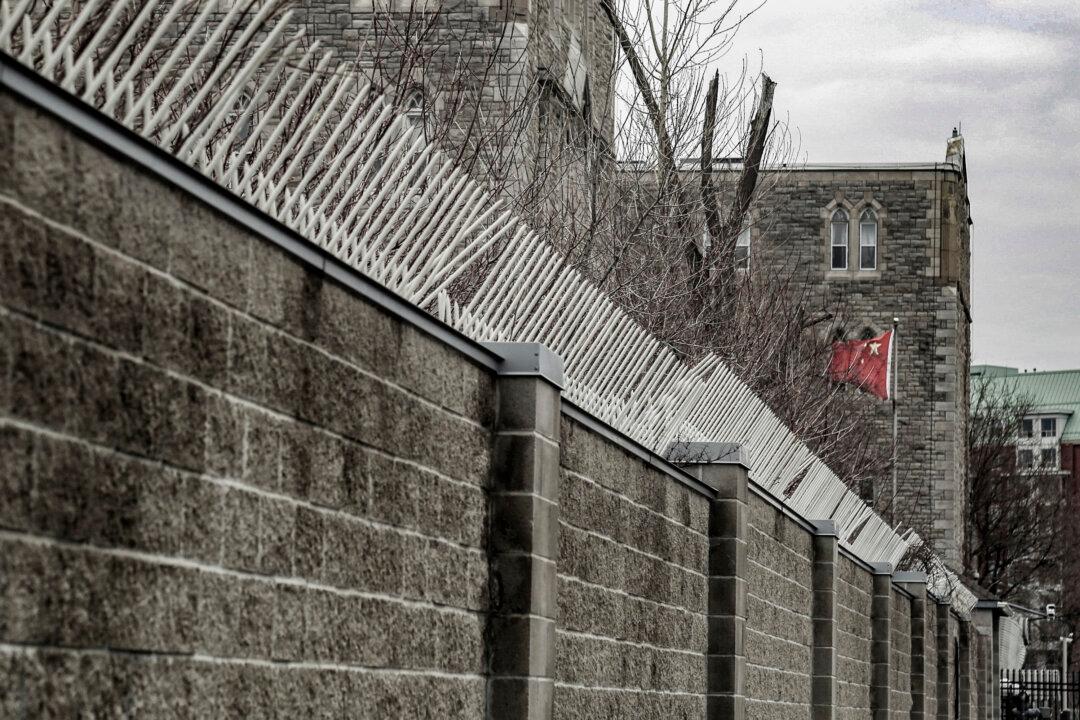Three-quarters of Canadians believe that MPs and senators accused of colluding with foreign entities should have their names publicly disclosed, a recent survey shows.
The June survey on Canadian politics conducted by Leger for Postmedia found that Conservative voters are slightly more likely to agree with public disclosure of names (84 percent) compared to Liberal supporters (78 percent).





